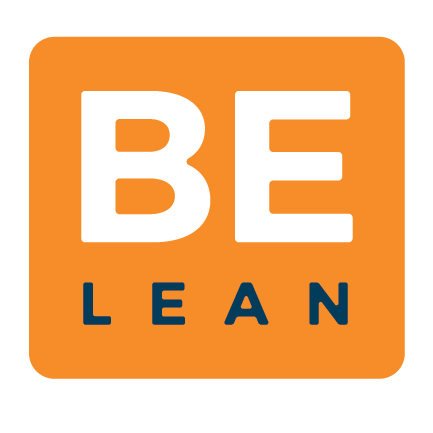How to filter out the noise in the connection economy
As I reflected upon at the beginning of my journey back into the DC entrepreneurial community, I’ve learned how strongly my brain is wired in systems thinking. I can’t help but see the world as a beautifully complex structure of nodes and connected pathways. Sometimes this holds me back when I struggle to find “anchor points” in new environments, but it also gives me this insatiable curiosity to find order in a seemingly chaotic world.
I believe our success in life (however we choose to define it) is largely determined by our ability to understand our relationships with systems — both our place within the systems in which we live, and the relationships we have with and between others that exist within those same environments. But not all connections are valuable, and the wrong ones can be detrimental to our success.
On Thursday of my week spent at 1327 Family, the most unique DC co-working space you’ve never heard of, I went out to lunch with my friends Raj and Allie, who are members of the 1327 community. We talked about a lot of things, from our experiences following the emotional intelligence seminar we participated in, to the coworking community in DC, to the trends we saw in the world. One trend in particular came up during our discussion that has been coming to mind frequently of late. We talked about the impact of the world becoming more connected.
The digital revolution and the connection economy are nothing new. I think most everybody has experienced some sort of change in their lives due to the increasingly connected world we’re living in. But as much (deservedly) positive attention that these trends receive, I hear less discussion about the consequences this transformation creates. In particular, the difficulty in finding focus through all the noise that gets created as more connections, networks, and pathways are drawn.
It’s not only the addition of connections that’s adding to the noise. There’s also more nodes popping up in our systems with voices of their own. See, the connection economy has a counter-intuitive effect. That effect is distribution. To me, the connection economy could more aptly be described as the distribution economy. Thanks to the increasing ability to stay connected to more resources in more ways, more and more people and systems are trending away from large centralized structures, to more decentralized and flexible constructs. You can see this everywhere from the way we work, to the way our electricity is generated, to the way that computing and electronics are designed.
Distribution is a good thing. Democracy is better than autocracy. Capitalism is better than communism. And salads are better than green smoothies (nobody will convince me otherwise). But distribution of power alone does not a good system make. I don’t need to remind anybody of the consequences of unchecked capitalism.
What makes a distributed structure work is the design of the system itself. A good distributed system has a dynamic balance of openness and structure that enables each component to contribute its fullest potential. Some of the attributes I believe to be critical to a well designed distributed system include:
Each component in the system needs to be given the freedom and flexibility to be productive and creative in their own way.
Access to the right information and the right resources must be readily available, but only at the right time.
Barriers are needed to filter out the flow of unnecessary or counterproductive information.
Boundaries must be established to prevent any one component from acting in a way that detracts from the system as a whole.
Connection is critical to distribution. The right ones create magic. The wrong ones create noise, or worse. So how do we find the right connections when there’s so much noise out there? The answer, I believe, is trust. Trust is the foundation for any relationship of value. But in an ever accelerating world, too often we skip over trust in order to make the quick or expedient connection.
We often feel the “need to connect” with new people we meet, whether for a potential business deal, a collaborative opportunity, or even new friendship. But how often do we actually pause to truly assess whether that person can provide mutually beneficial value? The disingenuous need to connect sounds something like, “Oh, you bake cupcakes for a living? I love cupcakes! We should connect some time!” Inevitably, that exchange often ends in weak commitments, wasted time, or worse — no cupcakes.
As a self-employed person feeling the constant need for progress and income, I find myself guilty of these interactions too often, and I know I’m not the only one. However, when I posed this observation to Raj and Allie, Raj matter-of-factly said that noise and weakness of relationships aren’t problems that exist in their 1327 world. At first it took me by surprise. Yes, it’s a small community, but these are successful people with networks much larger than the community itself. Surely they struggle to find focus through the noise. But they don’t, not at least when it comes to their professional relationships.
The reason started to become clear. Their community is intentional. Their community is selective. Their community is aligned. By design, the system filters out connections that don’t positively add to the community, and as a result, trust is ingrained into each and every relationship.
So how do we find clarity and focus through all the noise in a connected world? We need to create environments that are more intentional about supporting connections built upon trust. With trust and respect comes the ability to communicate transparently and choose connections that are mutually beneficial rather than opportunistic.

